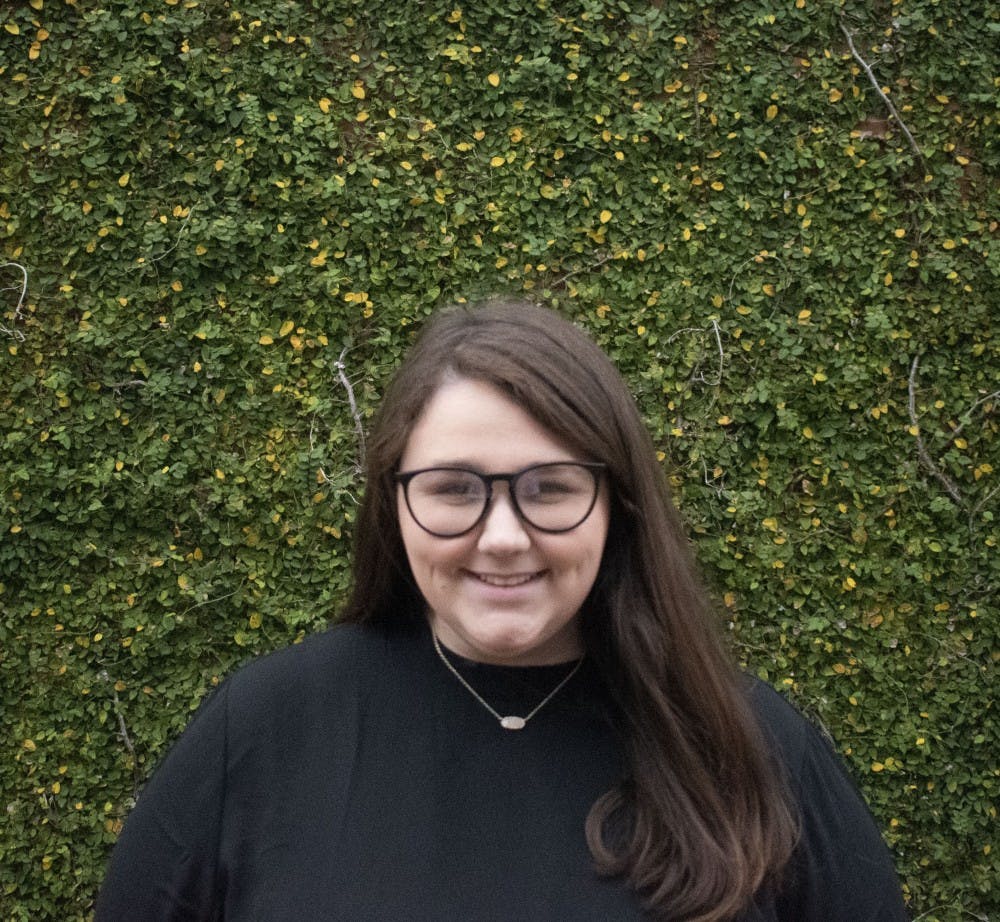Students had to confront their unconscious biases at the second installment of Auburn’s Critical Conversations Speaker Series.
Howard Ross visited the University to speak to students and visitors about the existence of
“We don’t think the way we think we think,” Ross said during his presentation, explaining that one may not realize that they are taking part in unconscious bias.
“I really want people to know that it is time to stop reacting and start thinking,” Ross said. “Bias is as natural as breathing.”
The state of “disunion,” as Ross said, is how the government can be viewed currently. He said the large divide between Democrats and Republicans and their respective beliefs is causing a rift between two groups without the country.
“We’ve gone from an issue-driven paradigm to an identity-driven paradigm, and this is incredibly dangerous,” Ross said.
Ross wants everyone to realize that everyone is a part of a dominant group, whether it be white, male, heterosexual or Christian. There are many more dominant groups than realized. Higher education is one that not many would consider.
Ross said the state of segregation within schools from the 1960s is being found within modern school systems today because of the unconscious bias that lives within every social group of people. Rather than assuming this is because of blatant racism, Ross said this is because people do not try to understand different groups and causes people to flock to their comfort zones.
The average human needs a sense of belonging, Ross said, and that is why bias exists.
Ross encourages people to embrace their biases and turn it to work in favor of people they would think to be biased against. Ross said they must acknowledge it and talk with people who are different from them in order to fix it.
Memories also create bias, he said. What we experienced 10 years ago could come back to cause unconscious bias with a new person.
Biases that he confronted in his speech were race, gender, height and more. Ross said people hold bias as a safety net that many do not even realize they have.
Ross said someone’s name is also treated with bias when someone is applying for jobs. Primarily believed to be Anglo names, like Emily and Gregory, were 50 percent more likely to be chosen in a study when compared to primarily African American names like Latisha and Jamal.
The Black Lives Matter movement is an example of bias from two different groups of people, Ross said. Some believe it means that only black lives matter and others are bringing emphasis that black lives matter too. Ross encourages people to understand the different interpretations and discuss the difference in views and opinions without prejudice.
Auburn President Steven Leath attended the Critical Conversations event and said that the issues Ross brought up are something the community needs to be aware of.
“Ross did an excellent job of presenting things that we sort of knew but hadn’t necessarily confronted,” Leath said. “It will make us better citizens, better decision makers, better leaders and I’m thrilled with
“The Critical Conversations series is turning out better than we ever hoped for,” Leath said.
In the final moments of his presentation, Ross took questions from the crowd and former Miss Homecoming candidate Kayla Warner was the first to speak, asking for his advice to create conversations with people that are different from her, as a black woman, and how she can make a positive impact and create change.
Ross replied, saying that people must explain how they feel and how they perceive the world.
“We don’t see the same world,” Ross said.
Ross said to Warner that proposing a sit-down to speak with someone that is considered from a different social group than
Another student,
Ross told her that it’s okay to get involved because that is what starts the breaking down of bias and begins understanding.
“If someone says you don’t understand an issue because you don’t belong to that group, ask them why they think that,” Ross said. “Start a conversation with them.”
Ross left the audience and the Auburn community with one request: watch news sources you would not consider to be your first choice or political identity.
“Be willing to acknowledge that you’re wrong, and apologize,” Ross said.
Do you like this story? The Plainsman doesn't accept money from tuition or student fees, and we don't charge a subscription fee. But you can donate to support The Plainsman.

Mikayla Burns, senior in journalism and Spanish, is managing editor of The Auburn Plainsman.




